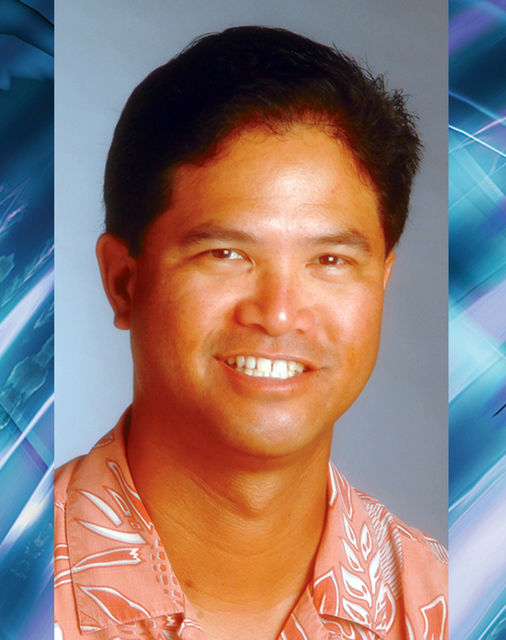LIHUE — Jimmy Tokioka summarized his 11th session in the state House of Representatives with one statement. “This was probably the most frustrating legislative session I’ve ever experienced.” There were some good things that happened, he said, but they didn’t
LIHUE — Jimmy Tokioka summarized his 11th session in the state House of Representatives with one statement.
“This was probably the most frustrating legislative session I’ve ever experienced.”
There were some good things that happened, he said, but they didn’t accomplish others that were important to people in the room at Duke’s restaurant Thursday morning for a meeting of the Lihue Business Association.
He referenced the loss of legal protection for lifeguards come June 1.
“We fought hard for that bill,” he said to about 50 people.
Reps. Tokioka, Dee Morikawa and Nadine Nakamura, and Senate President Ron Kouchi offered a look at the highlights of the legislative session that wrapped up earlier this month.
There were positives, such as Kauai representatives securing more than $181 million in Capital Improvement Project funding for projects across Kauai County.
But it was also contentious, particularly over how to fund Honolulu’s estimated $10 billion rail project. Gov. David Ige rejected a request to extend the session to find a solution as the House and Senate presented different amendments to get the job done.
The Senate version would have extended the general excise tax surcharge an additional 10 years. The House version would have extended the GET surcharge one year and raised the state’s transient accommodations tax 1 percent for 11 years.
Tokioka said he was disappointed a bill wasn’t passed.
“Obviously, compromise is something we’re going to have to look at,” he said.
“The rail, in my opinion, took a lot of the time and the energy of the Legislature, and it was unfortunate,” Tokioka said. “Because a lot of other things got held and bumped.”
Jim Mayfield asked if Kauai residents should be taxed to help fund a rail project on Oahu.
The answer was yes.
Kouchi explained that Kauai receives 14.5 percent of TAT, most of which is generated on Oahu, where 85 percent of the state’s population lives. Money generated there — taxes paid by Oahu residents — go to schools, highways and hospitals on neighbor Islands.
He said if Kauai residents wanted to keep tax money strictly for island projects, “we’re going to be big losers, and I don’t think that’s the argument we want to be advancing at this time.”
The rail project will have a positive impact not just for some Oahu residents, but for Kauai residents who visit there.
“We want to make sure Oahu is a healthy, thriving economy so they can continue to help subsidize the services and the benefits that we enjoy here,” he said.
Rail construction will generate payroll money that will have ripple effects in the state’s economy, he said.
“We’re not generating all of that construction activity. We enjoy in the revenue that’s being created,” Kouchi said.
Morikawa agreed the rail would benefit Kauai. She said there are people on Oahu who won’t use the rail system, and aren’t really happy with it, but “are willing to make the sacrifice today to get that fixed.”
Kouchi said as the session wound down, and the rail project remain unsettled, “personalities came into play,” and it was a “high-stress situation.”
“We really needed to get out of that building, get away from each other, go back home, take a deep breath and see if we weren’t in a better environment to have a rational discussion,” he said.
There may be an opportunity for that discussion to continue soon, he added.
He added that Kauai’s legislators worked well together on behalf of its residents.
Tokioka said they fought hard on the lifeguard legislation, the rail issue and the TAT funding. The counties share of TAT will be reduced from $103 million to $93 million after fiscal year 2017.
“We did stand strong on those particular issues,” he said.


